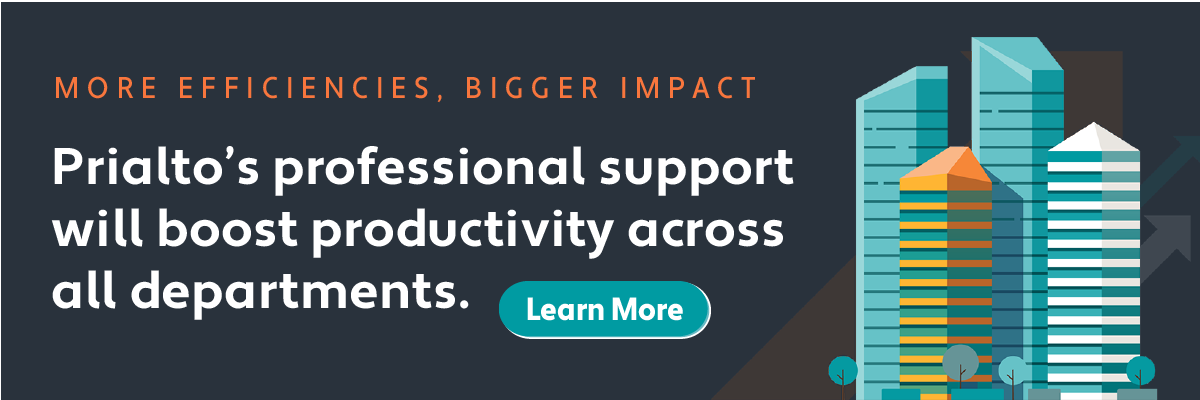 Liz Kao is a co-author of Salesforce for Dummies. She brings a variety of product marketing, product management, and operations experience to nimble teams in high-growth technology-focused companies. She specializes in building and launching products & processes, while using metrics-driven results to optimize performance. Here’s what she had to tell us about Salesforce experts and expertise.
Liz Kao is a co-author of Salesforce for Dummies. She brings a variety of product marketing, product management, and operations experience to nimble teams in high-growth technology-focused companies. She specializes in building and launching products & processes, while using metrics-driven results to optimize performance. Here’s what she had to tell us about Salesforce experts and expertise.
Salesforce is largely credited with initiating the SaaS revolution: How does this help or hinder its core CRM product?
I think it helps its core product, since Salesforce has had over a decade of experience helping businesses get more collaborative in the front office. Now, they’re able to build more complex features, or spend time on more progressive/innovative features, rather than trying to get the basics just right.
How has Salesforce’s CRM product changed in the last 5 years?
The product has changed dramatically in the last 5 years, with the incorporation of its Chatter “way” into different areas of the product. Chatter started off as a feature, but they’ve now been able to use key parts of its platform to improve upon additional feature areas. Also, Salesforce’s Service Cloud features have expanded and/or been enriched, which has allowed for increased conversations with Customer Service departments looking to swap out their aging legacy systems.
What makes Salesforce better than other SaaS or cloud-based CRMs?
For the most part, I think the underlying architecture and foundation were laid out correctly. Many competitors may use the same UI or vocabulary for their objects, but even if they get it to look like a Salesforce knockoff, they may struggle to get some other native features just right. The devil’s in the details. Things like lead conversion or reporting aren’t as easy to copy as one would assume, and these differences don’t manifest themselves until later in the CRM process, when you’re trying to report on details.
When is Salesforce not the best solution?
If you’re a business that hasn’t thought out even a basic, fairly linear, sales process that takes a Lead to a Closed/Won Opportunity, then remember that no technology is going to be your magic bullet. I was going to qualify this for very small businesses, but there are surprisingly many enterprise-sized public companies in the same boat.
If this describes your business, try to just whiteboard out your most common sales process. If you don’t have a common one, or can’t get everyone to agree on one, bring in an objective Salesforce consultant that can help guide you through this.
What's the most creative use of Salesforce that you've personally seen?
It’s got to have been either Dateforce (for someone to manage all of their dating relationships), or one that was used for wedding planning.
Describe the ideal company for using Salesforce.
I think there’s value for even a sole proprietorship that is simultaneously juggling the progress of several relationships. Obviously, there are companies with thousands of users using Salesforce, too. Historically, businesses that sell products or services to other businesses have a better time digesting the vocabulary and concepts. Anyone whose sales involve some type of nurturing before a deal is done can benefit.
How have companies changed in their organizational structure in the years since Salesforce launched?
There’s been more democratization of IT and Business Operations over the last several years. I’ve seen more need for Marketing Operations and Sales Operations types within those respective departments, even at smaller businesses. These people usually end up owning the administration of cloud apps like Salesforce or Marketo, because traditional IT departments may be too busy to take on the day-to-day configuration needs of the business, or because the company may be too small to have a separate IT department. Prior to SaaS, I think those roles were a luxury saved for established, big companies. If you’re a smaller business and can’t yet bring on an in-house headcount, you should still seriously consider outsourcing a part-time person to help you keep your information clean, and to help you configure your cloud app so you’re getting the most bang-for-buck from it.
Who is the ideal Salesforce user?
I think it’s someone that sees this tool as something that can be a great aid to their productivity (versus a Big Brother hindrance). But, that insight comes from one’s own desire to learn just a little more than the basics about the product. It also takes business savvy (at any level) for someone to think, “I wonder if I could get this tool to help me do ABC better.” If you have the insight to ask those questions, you could see how to build that into the system yourself, or you could ask your administrator to investigate that.
What are your top 5 tips for a successful Salesforce implementation?
i) Invest time upfront in sketching out your business process and keeping it simple, before diving into configuring Salesforce.
ii) Be able to articulate 2-3 measurable and/or actionable goals for putting information into Salesforce (ex. “...so I can get a visual understanding of my pipeline so that I know if I should be hiring another salesperson next quarter...”)
iii) Crawl, walk, run. Take it slow at first. Identify the highest ROI improvement you can get with the simplest configuration effort. Keep it that way for 1-2 weeks, so you can see how that change is improving your productivity, efficiency, etc.
iv) Read the sync instructions carefully before you sync your contacts into Salesforce, especially if you use Microsoft Outlook. It’s not Salesforce’s fault. Synchronization is just complicated in general, and if you rush through it, don’t make any backups, and botch it, you could end up in a whole world of hurt.
v) Review the end-user videos to get the ideal “day in the life” uses and vocabulary for Salesforce, before immediately diving into the administrator’s perspective.
What did you last use Salesforce for today?
I logged into Salesforce to look at a Closed/Won Opportunity, so I could see the amount, and some other deal information. This was part of a larger conversation around handling commissions for a sales team. It’s pretty neat to see how that object is the bridge between Sales, Finance, Fulfillment, and Sales Operations. It’s a genuine adoption of “if it’s not in Salesforce, it doesn’t exist.”
If not Salesforce, then what?
There are a lot of smaller competitors out there trying to become a new-generation CRM, or at least have a goal of being a more affordable alternative. (This sort of reminds me of when Salesforce was just starting out, and was perceived as a non-competitor to then-giant Siebel...and we saw how that turned out.) One of those is Insightly. A couple of others that have been around for a while are ZohoCRM and SugarCRM.
